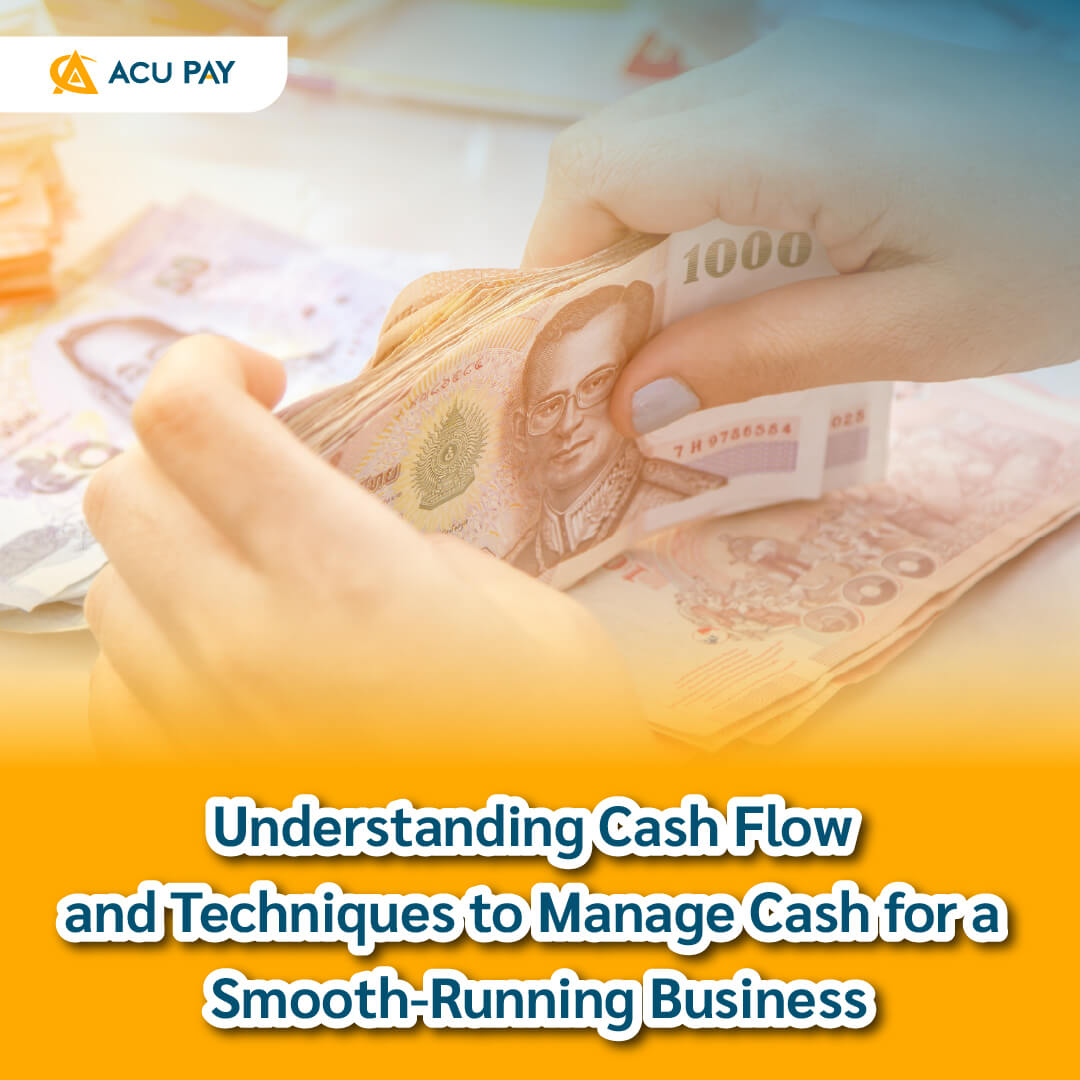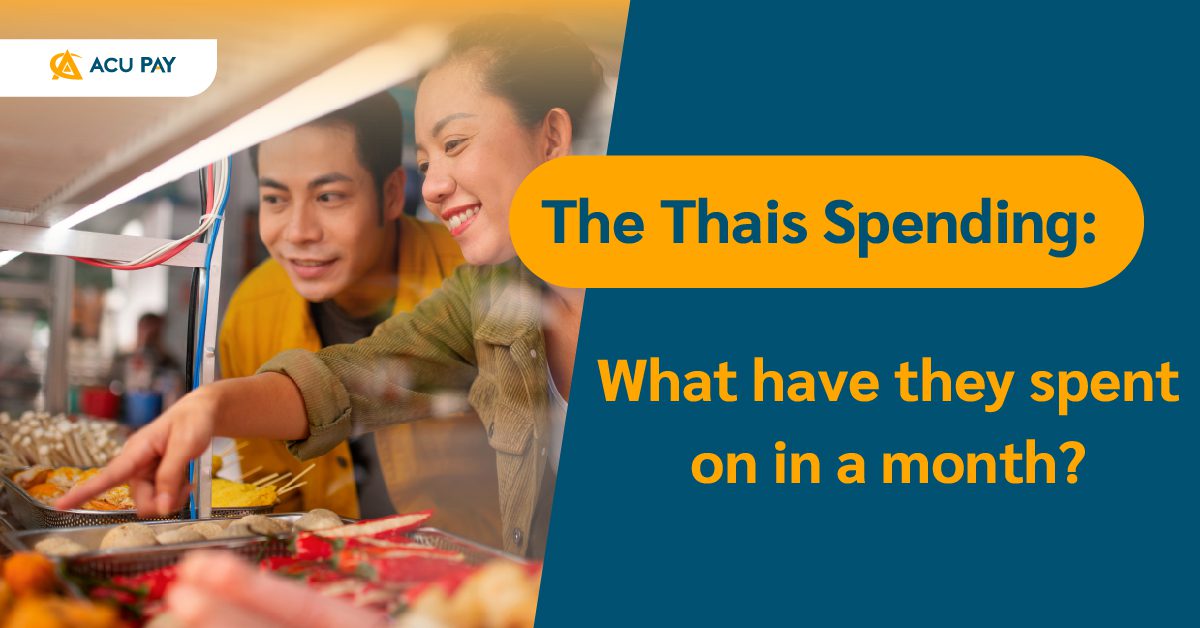

The Ministry of Commerce collected household expenditures in August and found that the average monthly expenditure was around 18,293 baht per month, which included public transportation, vehicle purchases, fuel, and cell phone service charges, as well as other expenses related to daily living.
The data showed that the most significant monthly cost is public transportation and fuel purchases which is 4,243 baht or about 23.20% of the total, reflecting the daily necessities of travel. In addition, rental and home costs accounted for 21. 89% of total expenditure, which indicates a high level of expenditure on housing.
Meanwhile, food expenses accounted for 9.14% of total household consumption, indicating the importance of adequate and quality household meals.
Inflation in Thailand has many factors affecting it, such as higher fuel and food prices. The Ministry of Commerce reported that food and non-alcoholic beverages prices rose 2.25% in August, forcing Thai people to pay more for the same products compared to the past.
Higher prices of goods including fresh vegetables and fruits are the result of climate change that reduces harvesting of agricultural produce. In addition, oil prices also affect the transportation of goods, resulting in higher costs of goods.
To help stimulate the economy and increase purchasing power, the government has launched a policy of giving away 10,000 baht to people, which will help stimulate spending in stores and create economic circulation. This may be a good sign that people’s purchasing power is returning.
In addition, the consumer confidence index in September also improved to 51.6, an increase from the previous level, reflecting improved confidence in the overall Thai economy and hope for future economic growth.
Despite the positive signs of economic growth, there are still factors that need to be closely monitored, especially the flooding in Thailand that may damage farmland, affect agricultural product prices in the future, and changes in the world market that may affect oil prices and other goods.
Eventually, monthly expenses for Thais are likely to rise, especially in travel and food expenses. Economic adjustment is a challenge for everyone. However, confidence in the future may help Thais to adapt and cope with changes effectively.
References from
thaipbs / home.maefahluang / thansettakij /thansettakij

MAKE A GREAT DAY WITH ACU PAY.